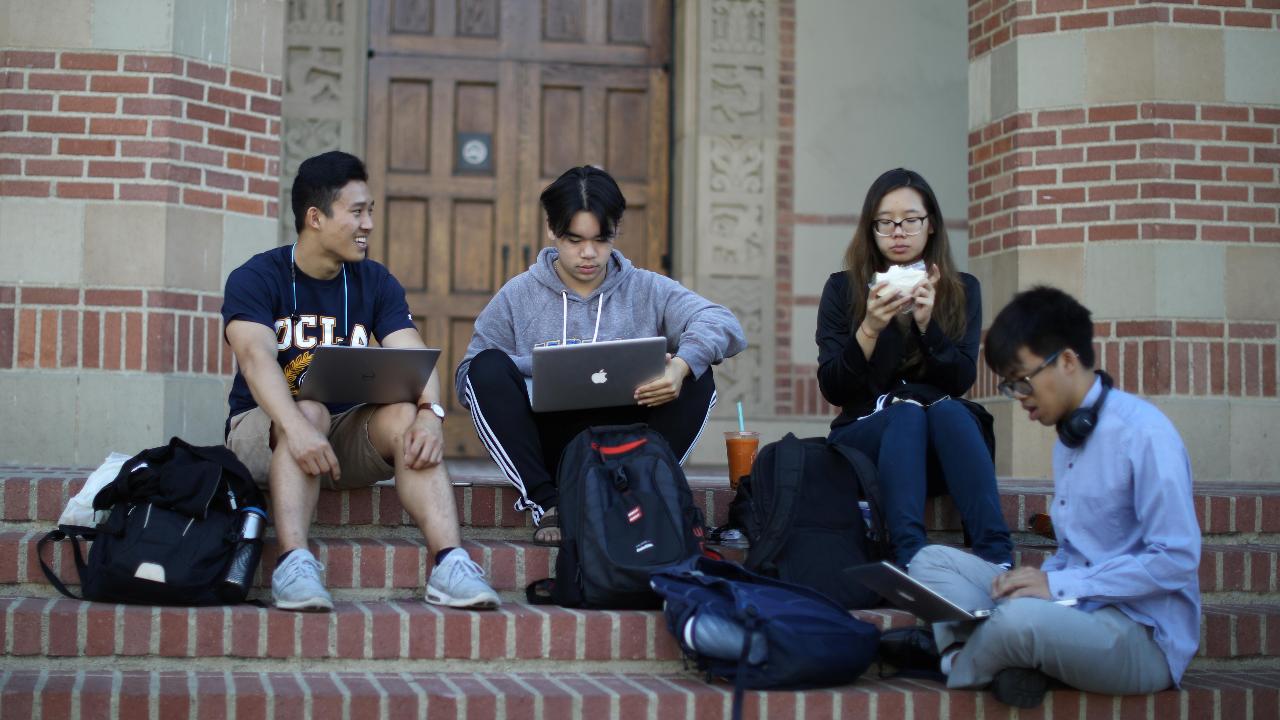In age of Lyft, Uber, our education system is stuck on a horse and buggy
Lyft announced last week that it would be going public. Uber isn't far behind. In little more than a decade, the two companies have upended the transportation sector and created the ride-sharing economy. If only we could bring that sort of innovation to our nation's education system.
American schools have scarcely evolved since the days of the horse and buggy. Schools across the country incentivize memorization and rote learning in the age of Google. Our education system prizes passivity at a time when entrepreneurial zeal and creative collaboration is needed to address global challenges.
Our schools must evolve. It's time to switch to an "experiential learning" model that cultivates intellectual and emotional skills -- and prepares today's kids to be tomorrow's entrepreneurs. Today's students need to hone their creative and critical thinking skills, as well as their ability to communicate and collaborate, according to the Cambridge, Mass.-based Center for Curriculum Redesign.
The World Economic Forum concluded that by next year, "persuasion, emotional intelligence and teaching others . . . will be in higher demand across industries than narrow technical skills." Education research from non-profit initiative MyWays adds "wayfinding" to this set of skills. Wayfinding is the entrepreneurial ability to overcome obstacles -- to "fail fast" and adapt. That sounds an awful lot like the mantra of every high-growth company today.
Unfortunately, most schools expect students to sit silently while the teacher fills them up with facts. Everyone learns the same subject, the same way, on the same schedule. Classrooms are centered on teachers, rather than students. Topics are siloed -- math class, science class and so on -- and students are rarely afforded the time and resources to follow their passions. Students routinely cram before tests and then forget the information almost as soon as they put their pencils down.
In the approximately 500 public schools in the U.S. that emphasize experiential learning, students learn by doing. They undertake cross-disciplinary projects outside the classroom to learn from the people, places and businesses in their communities. The end goal isn't to ace a quiz or homework assignment but to gain a holistic understanding of different subjects and master problem-solving and collaborative skills.
Consider logarithms. Most people remember taking a quiz on logs at some point and then instantly forgetting what they were. But what if a math teacher told students they had to learn logarithms to determine the pH of a solution in science class? The science teacher could make the concept of pH emotionally resonant by setting up a project to, say, measure the environmental health of a local river.
The humanities teacher could have students consider the history of industrialization and the role humans have played in polluting the river. And finally, the class could canoe down the river with paddles they built in art class, taking samples and observing local wildlife.
In this way, experiential learning creates a direct, emotional connection to the subject matter.
Experiential learning also cultivates other skills necessary for success. Students learn to communicate with a variety of people, not just their classmates. Complex tasks teach students to power through adversity. And the length of the projects shows students the importance of delaying gratification -- students put in weeks or even months of effort before getting a payoff.
A growing body of research suggests that the emotional intensity of experiential learning improves brain development and decision-making.
Researchers at Purdue University found that eighth-graders who participated in hands-on learning science classes "demonstrated a deeper understanding of the issues than the traditional group." One researcher noted that the study "proves that with some students…the book-and-lecture format may not be the best way to engage students in learning."
CLICK HERE TO GET THE FOX BUSINESS APP
America has evolved over the last century, but its schools haven't. Adopting an experiential learning model will empower young people to succeed in our rapidly changing world.
Andrew Meyers is co-chair, education design team and global head of experiential learning for Whittle School & Studios. Tom Vander Ark is the author of Better Together, Smart Parents, Smart Cities and Getting Smart.




















